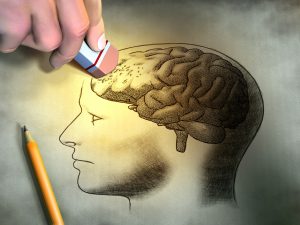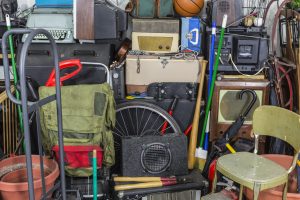I’ll admit it. I love to text. It’s quick and it’s easy. And, why struggle to find the right (auto-corrected) words when I have a variety of emojis right at my fingertips?
The advent of email, text messaging, and social media have undoubtedly changed our communication style, providing a convenient and fast way for us to keep in touch with others. But these innovations, as helpful as they are, have also left us missing something – the beauty and joy of writing and receiving the written word in the form of a letter.
 Connecticut Estate Planning Attorneys Blog
Connecticut Estate Planning Attorneys Blog











